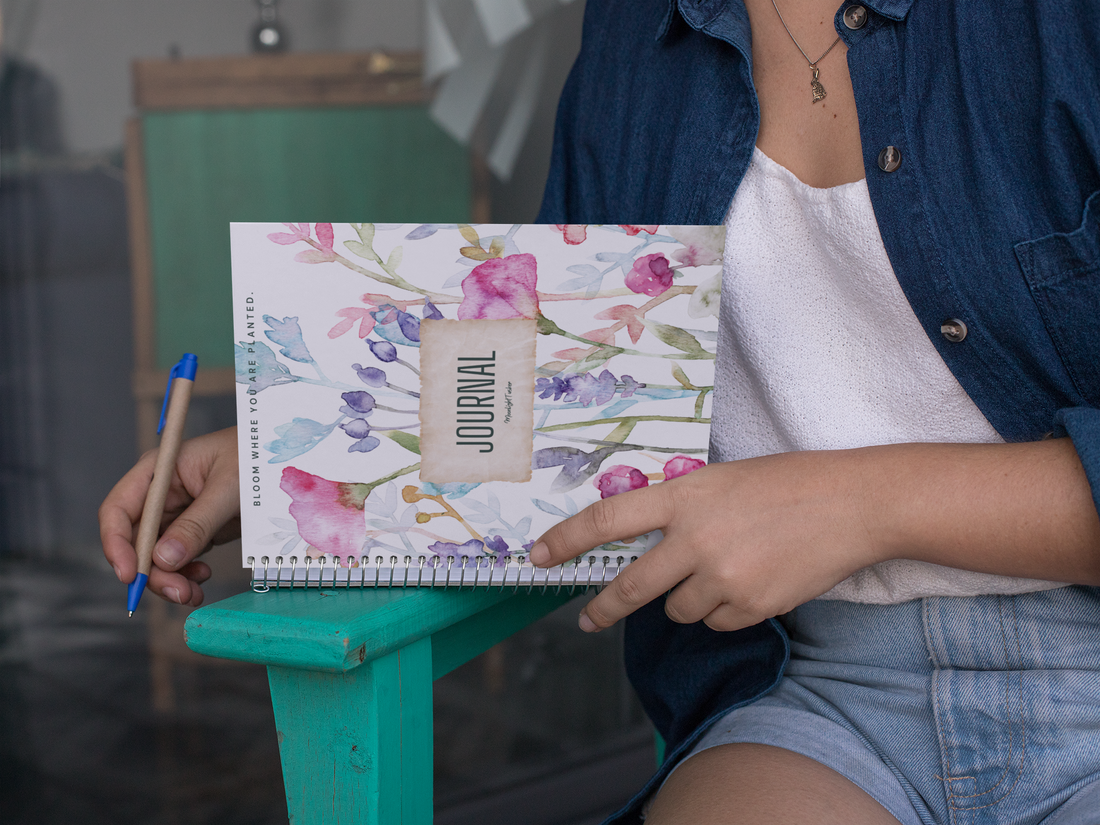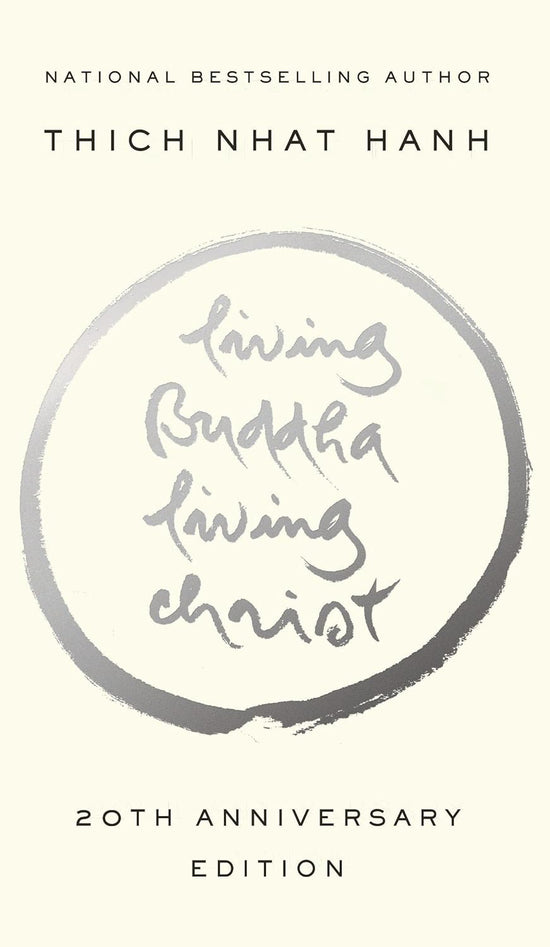Dear Friends,
There’s something magical about putting pen to paper. In a world where our thoughts often swirl in an endless loop, journaling offers a moment of stillness—a chance to pause, reflect, and connect with ourselves on a deeper level. Journaling is more than just writing; it’s a powerful tool that can help you change your mindset, transform your life, and gain clarity in moments of uncertainty.
Let’s explore the power of journaling and how you can use it to create meaningful shifts in your life.
What is Journaling?
At its core, journaling is the practice of writing down your thoughts, feelings, and experiences. It can take many forms—from stream-of-consciousness writing to goal-setting, reflection, or even gratitude lists. There are no rules when it comes to journaling, which makes it such a personal and freeing practice.
But beyond being a simple habit, journaling is a powerful tool for self-discovery. It allows you to dive into your inner world, explore your thoughts and emotions, and gain new perspectives on the situations you’re navigating in life.
How Journaling Can Change Your Mindset
Journaling is like holding up a mirror to your mind. It gives you the space to reflect on your thoughts and identify the patterns that shape your beliefs and behaviors. When you’re able to see your thoughts laid out in front of you, it becomes easier to recognize any limiting beliefs or negative thought patterns that might be holding you back.
Here are a few key ways journaling can change your mindset:
-
Clarity and Focus: When life feels overwhelming, it’s easy for your mind to become cluttered with scattered thoughts. Journaling helps you organize those thoughts, offering clarity on what’s important and what’s not. As you write, you’ll often find solutions to problems you weren’t even aware you had.
-
Releasing Negative Emotions: Journaling is a safe space to express your emotions without judgment. Whether you’re feeling angry, sad, or anxious, putting those feelings on paper can be incredibly cathartic. It’s as though you’re releasing the emotional weight from your mind and heart, creating room for more positive emotions to take their place.
-
Positive Reinforcement: Through journaling, you can actively rewrite your internal dialogue. By focusing on positive experiences, accomplishments, or things you’re grateful for, you reinforce a mindset of abundance and appreciation. Over time, this helps rewire your brain to focus more on the positive aspects of life.
-
Tracking Your Growth: One of the most powerful aspects of journaling is being able to look back on past entries and see how far you’ve come. It’s a beautiful reminder of your resilience, progress, and ability to overcome challenges. Journaling provides tangible evidence of your personal growth, which is incredibly empowering.
The Benefits of Including Journaling in Your Daily Routine
Incorporating journaling into your daily routine can have a profound impact on your well-being and mindset. Here are some of the benefits you’ll experience when you make journaling a consistent practice:
-
Reduced Stress and Anxiety: Writing down your worries and anxieties helps you process them in a healthy way. Journaling gives you a sense of control over your emotions, allowing you to release stress and find calm.
-
Improved Self-Awareness: Journaling enhances self-awareness by helping you reflect on your thoughts, behaviors, and actions. The more aware you are of yourself, the better you can make decisions that align with your values and goals.
-
Increased Creativity: Journaling is a creative outlet that encourages free thinking. When you allow yourself to write without judgment or rules, you tap into your creative potential, which can lead to new ideas and insights.
-
A Sense of Accomplishment: There’s something satisfying about completing a journal entry. Whether it’s writing down a few sentences or filling an entire page, journaling gives you a sense of accomplishment, which boosts your confidence and motivation.
Why I Love Journaling in My Daily Life
Journaling has been a cornerstone of my personal growth journey. It’s a practice that grounds me, helps me process my emotions, and offers a safe space to explore my thoughts. I remember a time when I felt overwhelmed by everything life was throwing at me—homeschooling my children, balancing work, and managing the everyday challenges of motherhood.
During that time, journaling became my refuge. I would wake up early, before anyone else in the house, and spend just 10 minutes writing. Some days, I would pour my heart onto the pages, while other days, I would simply jot down a few things I was grateful for. What I noticed over time was how much lighter I felt. Journaling helped me shift my perspective from focusing on what wasn’t working to seeing the beauty in the little things.
It also gave me the clarity I needed to make important decisions and stay aligned with my values. Whenever I felt lost, I would turn to my journal, and without fail, the answers I was seeking would reveal themselves through my own words.
Journaling isn’t just a tool—it’s a gift. It’s a practice that has not only helped me navigate the ups and downs of life but has also connected me more deeply to myself.
How to Start a Journaling Practice
Starting a journaling practice is simple, but the key is consistency. Here are a few tips to help you get started:
-
Set Aside Time: Choose a time of day when you can consistently dedicate a few minutes to journaling. Whether it’s in the morning with your cup of tea or before bed as a way to wind down, make it a part of your routine.
-
Write Freely: Don’t worry about grammar, punctuation, or structure. Let your thoughts flow freely without judgment. Remember, this is your personal space to explore your thoughts and feelings.
-
Start Small: If you’re new to journaling, start with just a few sentences a day. You don’t need to write pages and pages. Over time, you’ll naturally begin to write more as you become comfortable with the practice.
-
Use Prompts: If you’re unsure where to start, use journaling prompts to guide your writing. Prompts like “What am I grateful for today?” or “What limiting belief do I want to release?” can spark meaningful reflections.
In Conclusion
Journaling is one of the most powerful tools you can use to change your mindset, process your emotions, and create a more intentional life. By making journaling a part of your daily routine, you’ll begin to experience clarity, reduced stress, and a deeper connection to yourself.
I encourage you to pick up a journal and start writing today. Let it be a space where you can pour out your thoughts, reflect on your journey, and plant the seeds of the life you desire.
With love and light,
MoonlightTusker






